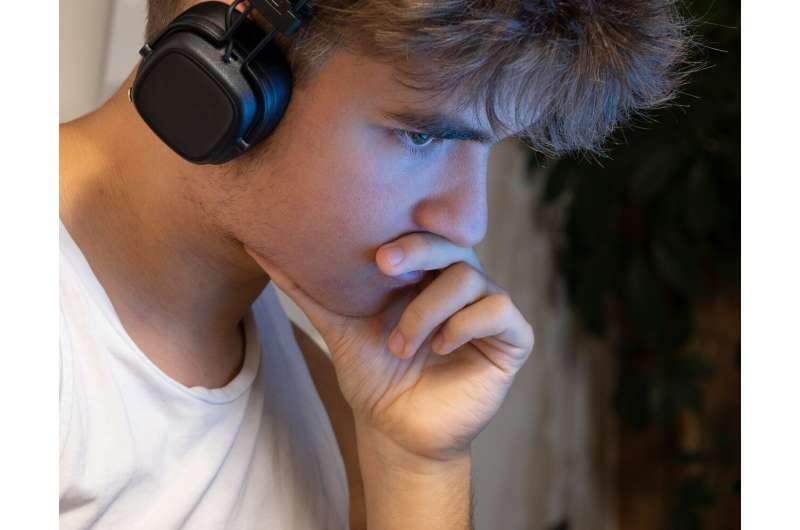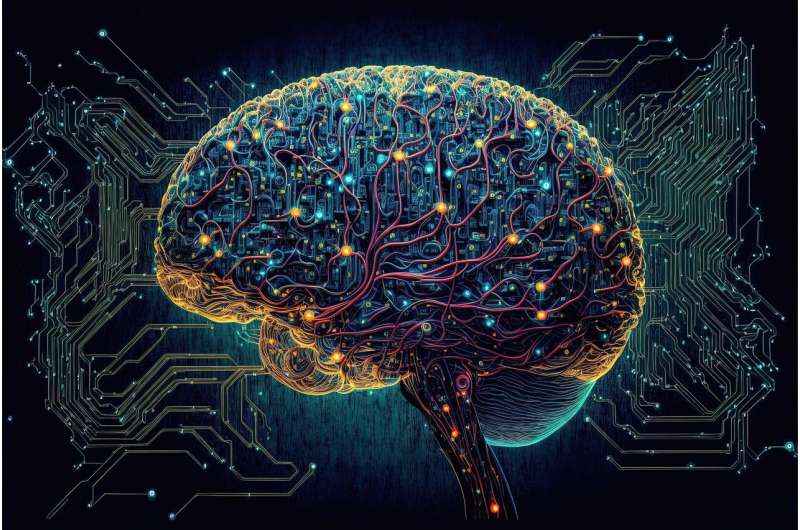Study Shows Psilocybin Outperforms Traditional Antidepressants in Preserving Emotional Response to Music in Depressed Patients

Recent research reveals that psilocybin enhances emotional responsiveness to music in depressed patients, outperforming traditional antidepressants like escitalopram by preserving emotional engagement and neural responses. Discover how this psychedelic compound could transform depression treatment.
Depression remains one of the most widespread mental health disorders globally, characterized by persistent sadness, loss of interest in daily activities, and disrupted sleep or eating habits. Conventional treatments include a variety of medications such as selective serotonin reuptake inhibitors (SSRIs), serotonin-norepinephrine reuptake inhibitors (SNRIs), tricyclic antidepressants, and atypical antidepressants. However, recent research explores alternative therapies using psychedelic compounds like psilocybin.
Psilocybin, a naturally occurring substance found in over 100 mushroom species, has shown promise in affecting mood and perception. A groundbreaking study conducted by Imperial College London's Center for Psychedelic Research investigated how psilocybin influences emotional processing, particularly in response to music, compared to the well-established SSRI, escitalopram.
The research, published in Molecular Psychiatry, involved patients with major depressive disorder (MDD). Participants received either high doses of psilocybin (25 mg) with daily placebo pills or low doses of psilocybin (1 mg) alongside daily escitalopram during a six-week treatment period. The study aimed to understand the neural mechanisms behind the antidepressant effects, focusing on emotional and reward processing.
Music was chosen as a tool to assess emotional response because of its ability to evoke real-world, ecologically valid emotional reactions over time, unlike static emotional tasks. Participants listened to a musically annotated piece—highlighting moments of surprise and unpredictable shifts—before and after their treatment. Throughout listening, their brain activity was monitored via functional magnetic resonance imaging (fMRI), capturing responses to specific musical segments.
Additionally, participants continuously rated their feelings of valence (how pleasant they found the music) and arousal (how activating it was) during listening sessions. Questionnaires gauged their symptoms related to anhedonia and overall emotional responsiveness.
Results revealed that both treatments led to clinical improvements, but psilocybin notably preserved or heightened patients’ capacity to emotionally engage with music. Neuroimaging showed that psilocybin reduced activity in the ventromedial prefrontal cortex—an area linked to self-referential thought and prediction errors—and increased activation in sensory regions during surprising musical moments. These neural patterns suggest a shift from rigid internal narratives to a more outward-focused, emotionally engaging processing style.
From a theoretical perspective, these findings imply that psilocybin may diminish the influence of deeply ingrained negative priors and promote a more flexible, externally oriented mode of cognition. This enhanced emotional responsiveness could be vital in repairing the emotional blunting characteristic of depression.
The study underscores the potential of psilocybin as a more effective means of restoring emotional vitality compared to traditional SSRIs. Harding and her team plan further research, including naturalistic stimuli like full-length films during fMRI scans, to better understand how psychedelics influence emotional and cognitive functions in real-world contexts.
These insights could pave the way for novel, more engaging treatments for depression, emphasizing emotional vividness and responsiveness as therapeutic goals. While additional studies are necessary, initial findings highlight the promise of psychedelics like psilocybin in revolutionizing mental health care.
Stay Updated with Mia's Feed
Get the latest health & wellness insights delivered straight to your inbox.
Related Articles
Study Reveals Most Women in STEM Experience Impostor Syndrome
Most women in STEM graduate programs experience impostor syndrome, feeling like frauds despite their achievements. Research from Binghamton University explores the prevalence, psychological impacts, and potential support strategies.
Psychological Interventions Induce Brain Changes That Reduce Chronic Pain
Recent research shows that psychological treatments can induce physical changes in the brain, helping to reduce chronic pain and improve quality of life. Learn how therapies like CBT influence brain networks involved in pain processing.



